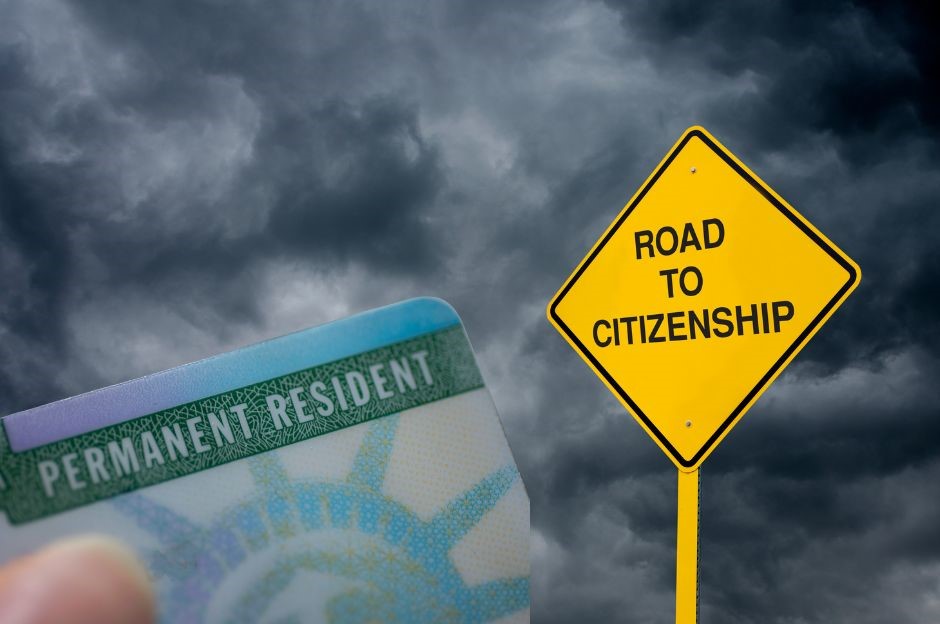NRI PULSE STAFF REPORT
Washington, D.C., August 20, 2025: Green card holders, including thousands of Indian American immigrants waiting to become U.S. citizens, will now face a broader and more subjective review of their personal conduct under a new Trump administration policy memorandum released August 15.
The U.S. Citizenship and Immigration Services (USCIS) directive restores what officials call a “rigorous, holistic” approach to evaluating an applicant’s “good moral character,” a long-standing requirement for naturalization.
Previously, officers based their decisions largely on clear statutory rules, such as criminal convictions, fraud, or failure to pay child support. Under the new policy, officers must also weigh an immigrant’s positive contributions to American society—including community service, steady employment, and civic involvement—alongside any negative factors.
“This ensures that USCIS officers are accounting for an alien’s positive contributions to American society,” said USCIS spokesman Matthew J. Tragesser.
While supporters argue the change rightly recognizes how immigrants strengthen the country, immigrant advocates warn it could create greater uncertainty. The subjective nature of the assessment, they say, could lead to inconsistent outcomes and potentially politicized decisions.
For Indian immigrants—many of whom have waited decades in green card backlogs—the new rule raises additional anxieties. Families who have built careers, small businesses, and community institutions now worry that their path to citizenship could depend on how individual officers interpret “good moral character.”
“This makes the process less predictable and more vulnerable to bias,” one immigration lawyer told Newsweek.
The policy took effect immediately and has sparked widespread concern across immigrant communities. For Indian green card holders hoping to naturalize, the new rule could either reward civic contributions—or add yet another barrier on the long road to citizenship.



